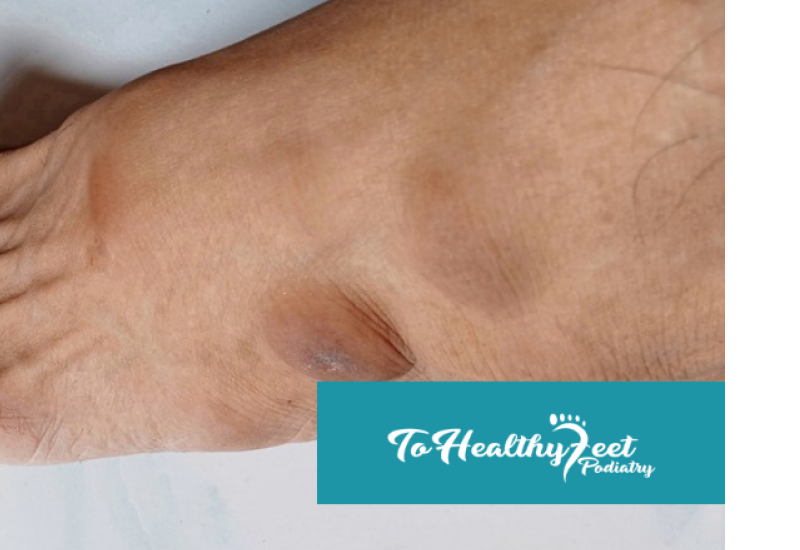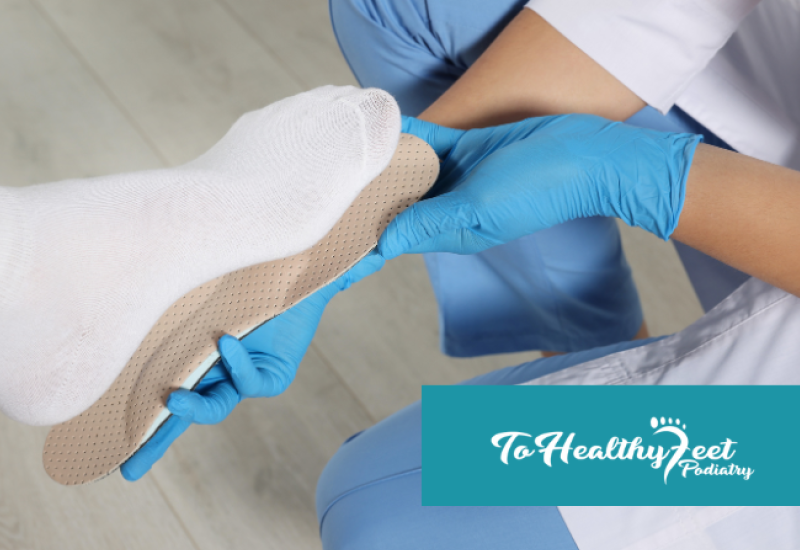Embarking on a running journey can be a transformative experience, offering immense benefits for your physical health and mental well-being. However, this journey can quickly turn sour if your running shoes are not in harmony with your feet. The right pair of shoes is not just about aesthetics or brand prestige; it's about comfort, support, and preventing injuries. Unfortunately, many runners, whether new to the path or seasoned, might overlook the signals their feet send when their shoes are less than ideal. Recognizing these signs early can save you from discomfort, pain, and the potential for long-term damage. Let’s explore three critical signs that indicate your running shoes might not be the right fit for your feet.
Persistent Discomfort and Pain
One of the most telling signs that your running shoes are not suitable for you is the persistent discomfort and pain experienced during or after running. While a new shoe might require a brief break-in period, this discomfort should not linger. If you notice that your feet feel sore, you experience unusual blisters, or areas of your feet become excessively painful after running, it's a clear indication that your shoes are not providing the proper support or fit. Pain in the arches, heels, or along the sides of your feet can suggest that the shoes are either too tight, too loose, or lack the necessary arch support your feet require. Listen to your body’s signals; persistent discomfort is not a normal aspect of running and should not be ignored.
Uneven Wear Patterns
Another sign that your running shoes are not right for you can be found in the wear patterns on the soles. Over time, all shoes will show signs of wear, but uneven or atypical wear patterns can indicate improper alignment or support for your feet. For instance, if you notice that the outer edge of your shoe wears down much faster than the rest of the sole, or if one shoe wears down differently than the other, it may be a sign that your running mechanics are being improperly supported. This misalignment can lead to inefficiencies in your running form and may increase your risk of injury over time. Shoes that provide the correct support will wear down more uniformly, reflecting a balanced distribution of your weight and impact as you run.
Increased Fatigue and Reduced Performance
While many factors can contribute to feeling fatigued or experiencing a dip in your running performance, your shoes can play a surprisingly significant role. Running in shoes that are not well-suited to your feet and your running style can lead to increased energy expenditure. This is because your body has to work harder to compensate for the lack of support or improper fit. You might find that your legs feel unusually heavy, or you tire more quickly during your runs. Additionally, if you're struggling to maintain your usual pace or find that your running efficiency has decreased, it could be a sign that your shoes are not providing the support or responsiveness your feet need. Properly fitted running shoes should help you feel supported and efficient, minimizing unnecessary energy loss and allowing you to focus on your performance.
Your running shoes are the foundation of your running experience, and ensuring they are the right fit for your feet is crucial for a comfortable, enjoyable, and injury-free running journey. Persistent discomfort and pain, uneven wear patterns, and increased fatigue or reduced performance are clear indicators that your shoes may not be the perfect match for your feet. It’s important to listen to your body and recognize these signs early. Don't hesitate to seek professional advice from a running specialist or a podiatrist who can help you find the ideal pair of shoes based on your specific foot shape, gait, and running needs. Remember, the right shoes not only enhance your running experience but also protect you from the potential setbacks of injuries. Happy running!
Written on behalf of To Healthy Feet Podiatry.
FAQs:
Q: What should I do if I can't find comfortable running shoes?
A: Consider getting a professional fitting at a specialty running store or consulting with a podiatrist, especially if standard sizes don't seem to work for your feet. Custom orthotics might also be an option.
Q: What type of running shoes do I need for flat feet?
A: If you have flat feet, look for running shoes with strong arch support and stability to prevent overpronation and ensure comfortable running.
Q: Should running shoes be tight or loose?
A: Running shoes should fit snugly around your midfoot and heel, with about a thumb's width of space in the toe box. They should not be so tight that they cause pain, nor so loose that your feet slide around.




